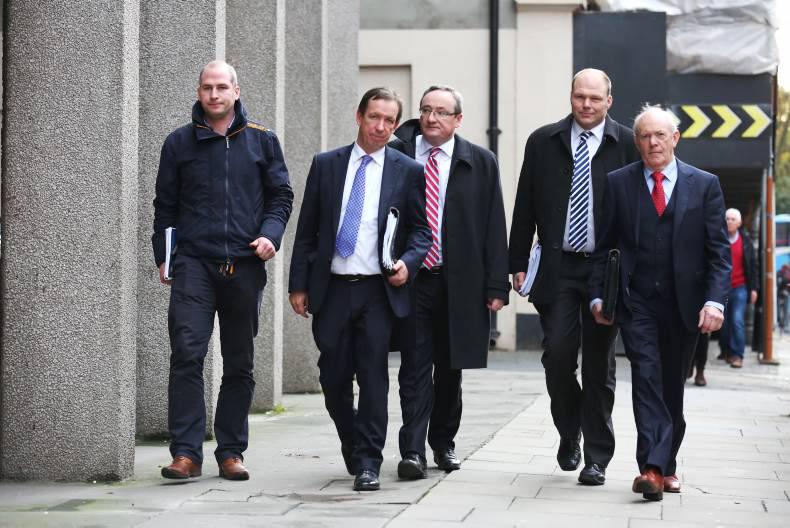Producer groups to negotiate price and specification were tabled to the Beef Forum this week by Minister for Agriculture Simon Coveney. They are unlikely to be the magic bullet that tackles the problems of the beef industry, but at least they create a forum where the all-important price issue can be addressed.
The speed with which the Competition and Consumer Protection Commission warned the parties not to be discussing price in the forum a year ago was most impressive. Let us hope that they have the same diligence and thoroughness when it comes to addressing other competition issues around our industry. Perhaps the forum itself could be re-branded as a super group to enable a meaningful discussion on price take place.
Discussions on wider strategic issues are grand and the information presented by Bord Bia and Teagasc enables discussions take place in an informed environment. Similarly, “sustainability” is becoming the buzz word around the industry and will be even more centre stage after the COP21 climate conference in Paris.
Financial viability
However, the first element of sustainability in beef production is its financial viability. The Teagasc figures point to farmers needing around €4.50/kg for beef in the sheds this winter. Right now that number seems like a different planet, but it is less than is currently available to our next-door neighbours in Britain where last week the equivalent of €4.78/kg on average was paid for R3 steers. We cannot realistically expect to be the same as the British price but it shouldn’t be unrealistic to aspire to the 10-year average differential highlighted by the IFA this week of 27c/kg.
The elephant in the room is farmgate price for cattle. It is ridiculous for factories to impose British specifications paying current Irish prices. It would be more constructive if the factories could table a proposal that demonstrated the same revenue could be obtained from an animal slaughtered at a lighter weight as finishers currently have to get as much weight on the animal as possible to maximise its value.
The IFA is claiming that it has Ministerial endorsement for no dual-base pricing for steers or heifers in individual processing plants by breed, age, weight or quality assurance status under the Quality Payment System (QPS). However, there seems to be differing interpretations of this, with Meat Industry Ireland, the factories’ trade association, on record as saying that the weights amnesty was in place until the end of this year only.
Country of origin labelling has little or nothing to offer a net exporter of produce and everything to offer producers in a country that is a net importer
The Minister cannot do anything directly with price, but opening markets will deliver the best opportunity to get the best value. He has worked hard in this area and hasn’t been shy in saying so. However, there is a gap, and that is for live cattle, particularly to Northern Ireland and Britain. This trade was always limited because of the relatively narrow price gap, 27c/kg over 10 years as referred to previously. With the massive gap that is currently in place, cattle should be flying out. That they are not is an unintended consequence of beef labelling regulations.
Country of origin labelling has little or nothing to offer a net exporter of produce and everything to offer producers in a country that is a net importer. Hence, clever branding in the UK delivers in spades for farmers who can never produce as much beef as they consume, whereas for Ireland it is the opposite. Also, the fact that you lose the right to use country of origin designation if the animal leaves the country at any point before slaughter further penalises a natural exporter such as Ireland.
A relatively minor modification to labelling regulations allowing an animal retain its origin status based on where it was born would be a big step in correcting this anomaly. Perversely, it takes something like the huge price differential like there is at present with Britain to get attention to this.
Another outstanding issue that awaits implementation is the permanent scrutiny of trim in the factories. The IFA are happy that they have secured the Minister’s and Department’s commitment to implement this – they now need to get on with it.






 This is a subscriber-only article
This is a subscriber-only article










SHARING OPTIONS: